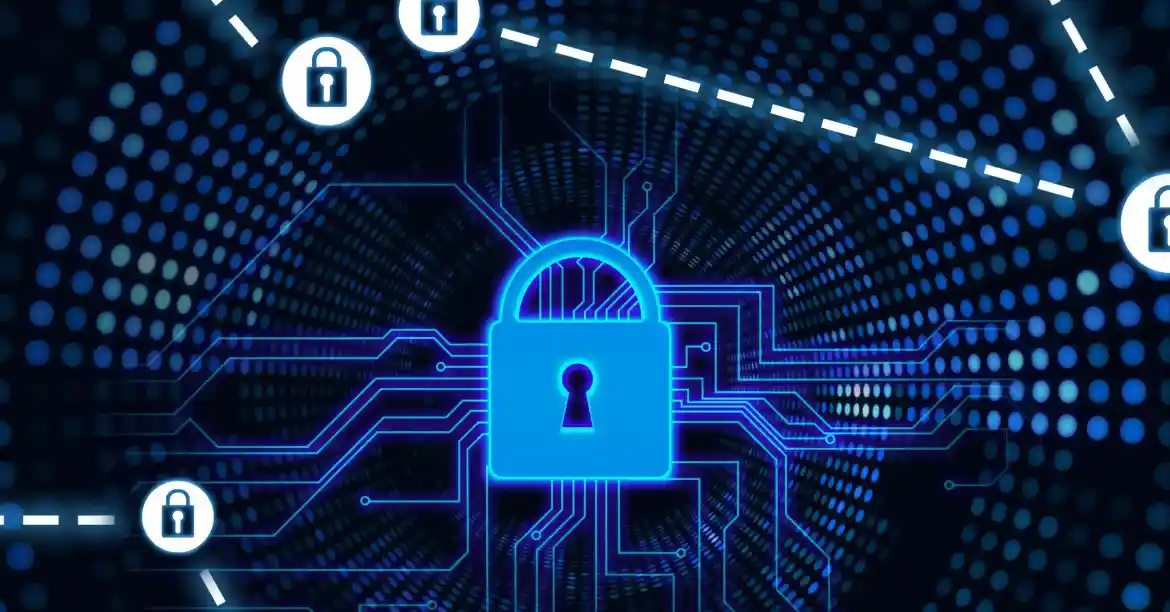Date: 13 September 2018
GCHQ-Certified Cyber Incident Planning & Response (CIPR) Breach Readiness Program
The GCHQ-Certified Cyber Incident Planning & Response (CIPR) Breach Readiness Program from Cyber Management Alliance (CM-Alliance), a UK registered cyber security training provider and trusted advisor to private and public sector organisations, provides a blueprint for management to help build digital, resilient organisations in cyberspace and understand the risk and threats that may impact the bottom line.
The CIPR program is certified by the Government Communications Headquarters (GCHQ), an intelligence and security organisation responsible for providing signals intelligence (SIGINT) and information assurance to the government and armed forces of the United Kingdom, and it is accredited by the Institute of Information Security Professionals (IISP), an organisation for advancing the professionalism of information security practitioners. The CIPR program has an accompanying GCT incident response certification with examination accredited by the APMG, world’s leading accreditation and exam institute.
Unlike many other cybersecurity training courses, the CIPR provides a mixture of technical knowledge and practical examples when addressing strategic and operational decision making, information security, enterprise risk management, audit and compliance, business continuity, service management, human resource management, and other areas related to information security incident response.
All attendees will learn and understand the techniques and insights on incident response, be able to create and use cyber incident response checklists and cyber incident response plans, and know how to analyze recent attacks, among other things.
Senior management and business executives can also benefit from the GCHQ-Certified Cyber Incident Planning & Response Workshop. The purpose of the workshop is to explain how to prepare a defined and managed approach when responding to a data breach or cyber-attack on an information asset. The workshop is available either as a one-day public course or a two-day internal workshop.
Improve Your Cyber Defenses Now
To achieve compliance with GDPR and other regulations, organizations must develop an incident response plan supported by the right policies, procedures, and planning. Such an effort can’t be treated as an infosec program anymore. Instead, senior management and business executives must understand the roles they play in cyber response and be aware of how cyber attacks happen and the ways how to deal with them.
The GCHQ-Certified Cyber Incident Planning & Response (CIPR) Breach Readiness Program from Cyber Management Alliance (CM-Alliance) provides a blueprint for management to help build resilient organizations that are ready to thrive in the digital world. To better understand what makes the CIPR program so effective, download the Cyber Incident Planning and Response Checklist as well as the Data Breach Response Plan Mind Map today, both of which are taken directly from the program itself.







